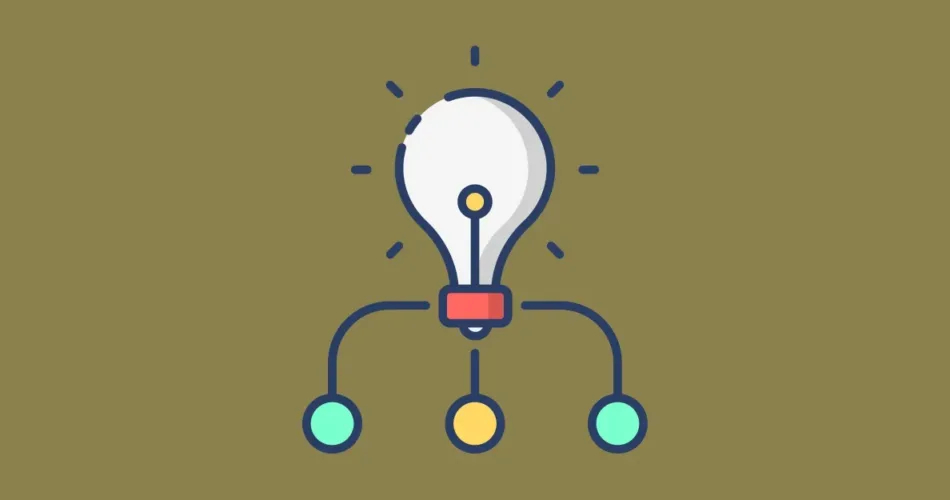C++ is a powerful and flexible programming language that offers direct memory management capabilities, allowing developers to control resources explicitly. However, manual resource management can lead to potential issues like resource leaks and inconsistent cleanup, making code error-prone and difficult to maintain. To address these challenges, C++ introduced the concept of Resource Acquisition Is Initialization (RAII), a fundamental idiom that revolutionizes the way we handle resources in C++. RAII leverages object lifetimes to manage resources automatically, promoting safer, more reliable, and more efficient code. In this comprehensive blog post, we will delve into the world of RAII in C++, its significance, implementation, and real-world examples of how it elevates resource management to new heights. Whether you are a newcomer or an experienced C++ developer, this guide will equip you with the knowledge and skills to embrace RAII and unlock the full potential of resource management.
Understanding RAII in C++
RAII is a design pattern in C++ where resource management is tied to the lifetime of an object. When an object is created, it acquires the necessary resources, and when it goes out of scope or is explicitly destroyed, it releases those resources automatically. This ensures that resources are appropriately managed and deallocated, even in the presence of exceptions or early returns. RAII relies on the principle of destructors, which are special member functions called when an object is destroyed, making it a powerful tool for managing dynamically allocated memory, file handles, network connections, and other resources.
Managing Dynamic Memory with RAII:
RAII is particularly useful in managing dynamically allocated memory, where improper handling can lead to memory leaks or dangling pointers. By using smart pointers, such as std::unique_ptr and std::shared_ptr, RAII ensures automatic deallocation of memory when the smart pointers go out of scope.
Example: Managing dynamic memory with std::unique_ptr
#include <iostream>
#include <memory>
void processResource() {
std::unique_ptr<int> data = std::make_unique<int>(42);
// Process the data...
// data automatically deallocated when out of scope
}
int main() {
processResource();
return 0;
}
Handling File I/O with RAII:
In managing file I/O, RAII holds equal value as it guarantees correct closure of file handles, even in the presence of exceptions or early returns. By using C++ Standard Library classes like std::ifstream and std::ofstream, RAII handles file resource management effortlessly.
Example: Handling file I/O with std::ifstream
#include <iostream>
#include <fstream>
#include <string>
void processFile(const std::string& filename) {
std::ifstream file(filename);
if (file.is_open()) {
// Process the file...
// file automatically closed when out of scope
}
}
int main() {
std::string filename = "example.txt";
processFile(filename);
return 0;
}
Network Resource Management with RAII:
Developers can apply RAII to manage network connections, ensuring proper cleanup and release of network resources. By using C++ libraries or custom classes, RAII streamlines network resource management, enhancing code reliability.
Example: Managing network resources with a custom NetworkConnection class
#include <iostream>
class NetworkConnection {
public:
NetworkConnection() {
// Open network connection...
}
~NetworkConnection() {
// Close network connection...
}
// Other network-related methods...
private:
// Other private members...
};
void processNetworkData() {
NetworkConnection connection;
// Process network data...
// connection automatically closed when out of scope
}
int main() {
processNetworkData();
return 0;
}
Advantages of RAII in C++
RAII offers several key advantages that contribute to safer, more efficient, and more maintainable code:
- Automatic Resource Management: RAII automatically manages resources, eliminating the need for explicit resource cleanup, leading to cleaner and more concise code.
- Exception Safety: RAII ensures proper resource cleanup even in the presence of exceptions, preventing resource leaks and promoting robust exception handling.
- Predictable Resource Release: RAII guarantees timely release of resources, preventing resource exhaustion, and improving code reliability.
- Increased Code Readability: RAII simplifies resource management, leading to more readable and maintainable code, as it implicitly handles resource cleanup.
Best Practices for Implementing RAII in C++
To make the most of RAII in C++, consider these best practices when designing and implementing RAII-based classes:
- Use Smart Pointers: Prefer using C++11 smart pointers (
std::unique_ptrandstd::shared_ptr) for resource management, as they automate resource cleanup and provide clear ownership semantics. - Encapsulate Resources: Encapsulate resource acquisition and release logic within RAII-based classes, ensuring resource management remains hidden from the client code.
- Handle Resource Acquisition Failures: Handle resource acquisition failures gracefully by using RAII in combination with exception handling.
- Avoid Manual Resource Management: Whenever possible, avoid manual resource management using raw pointers and embrace RAII. RAII will help you achieve more efficient and reliable resource handling.
Conclusion
RAII is a powerful idiom in C++ that elevates resource management to new heights. RAII ties resource acquisition to object initialization and resource release to object destruction. It automates resource management, promoting reliable and efficient code. RAII’s benefits include automatic resource release in timely manners, safer and efficient memory management, and handling exceptions gracefully. RAII prefers the use of smart pointers to automate memory management and avoid resource leaks.
Applying RAII in managing dynamic memory, file I/O, and network connections simplifies code and enhances reliability. Its automatic cleanup ensures resource deallocation, making code concise and maintainable. RAII elevates C++ resource management, leading to more robust and safer codebases.
Subscribe to our email newsletter to get the latest posts delivered right to your email.


Comments